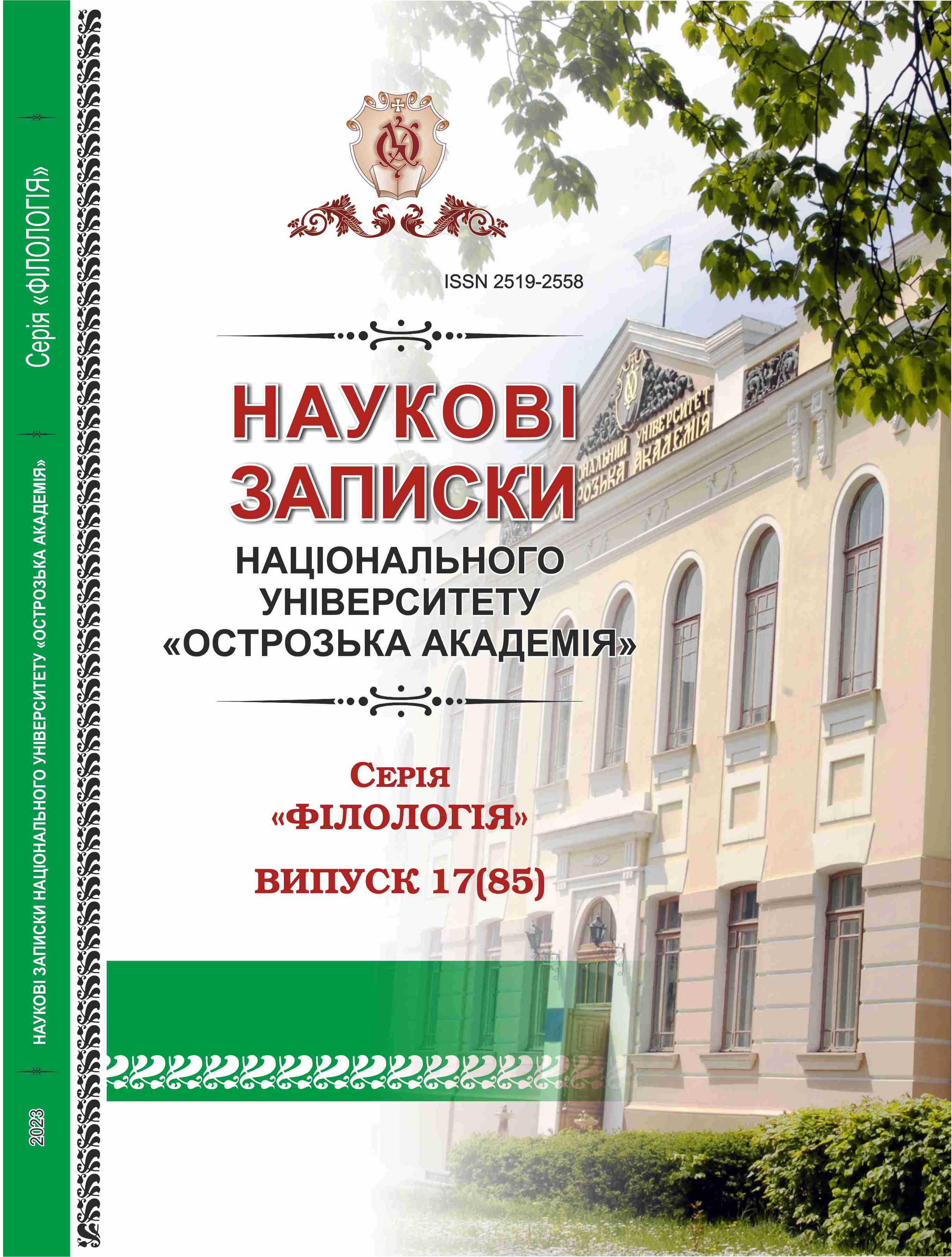THE POLISH LANGUAGE IN THE CONTEXT OF THE WAR IN UKRAINE
Keywords:
aggression, attack on Ukraine, weapons, war humour, invasion, the language of war, linguistic constructions, refugee, war crimes, lexical resource, destructionAbstract
Since 24 February 2022, Ukraine has been operating in a different reality, which until now has been read about in history textbooks. Russia's invasion of Ukraine took not so much the whole world by surprise as the Ukrainians. Victims of direct contact with the invaders, who have been 'providing' civilian 'liberation services' in Ukraine for a year now, from a civilised life, an acquired property and a peaceful existence, are forced to look all over the world for refuge, safe places and opportunities for survival. Accepting their refugee status, and fleeing the war, they continue to witness the hostilities and wish to report on the events taking place in Ukraine to their families. The term language of war, which appears in the text, is understood in terms of the material used by the media during the conflict, i.e. how journalists express themselves about the situation in Ukraine when presenting war reports, and in terms of social and propaganda narratives. The language of war furthermore defines additional problem planes, e.g. forms of expressing emotions or the creation of various linguistic constructions, as well as the extent to which it functions on the visual plane. The article presents a list of necessary structures, and lexical units, which can be used to formulate a message about the war in Ukraine, and the crimes committed by the Russian occupier, and help in displaying reports from the front line in real-time. The material of the article can be used in lessons of Polish as a foreign language, aid groups and witness accumulation units, and interviews with victims who experienced warfare.

